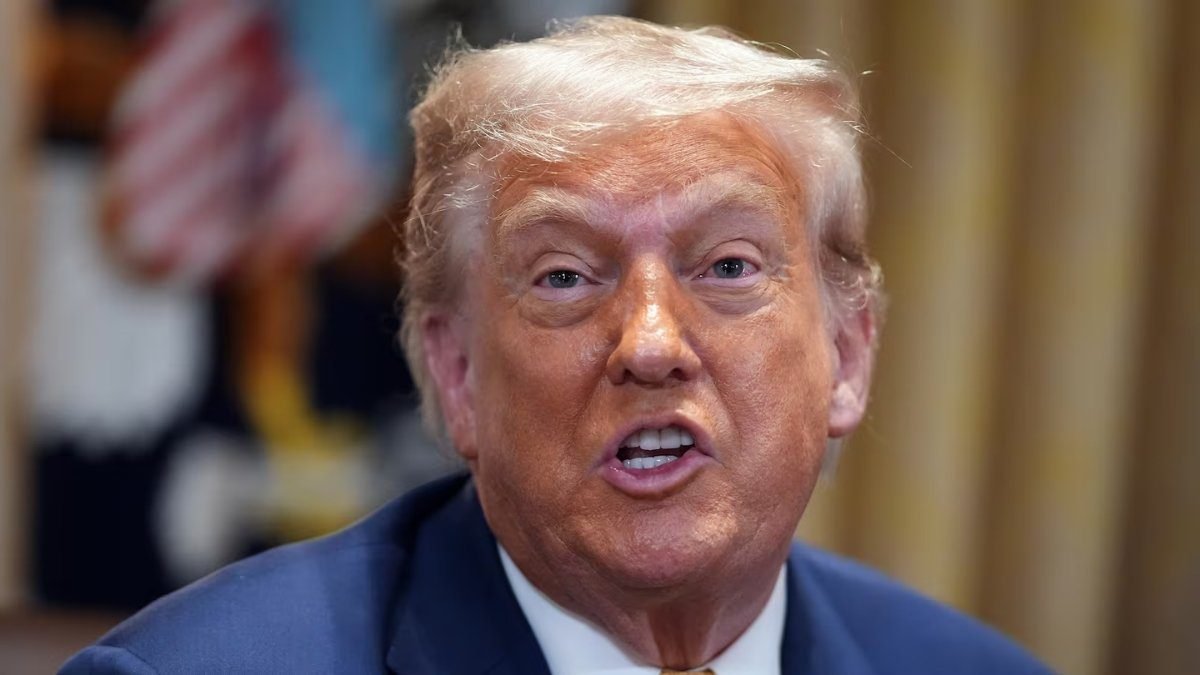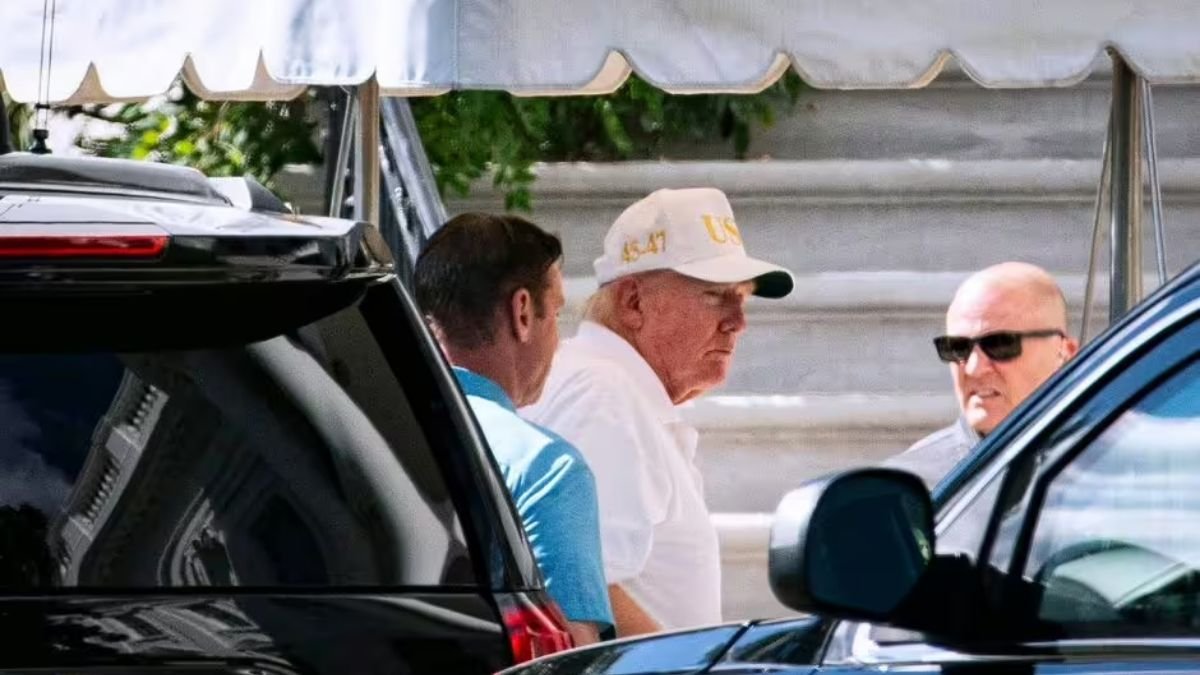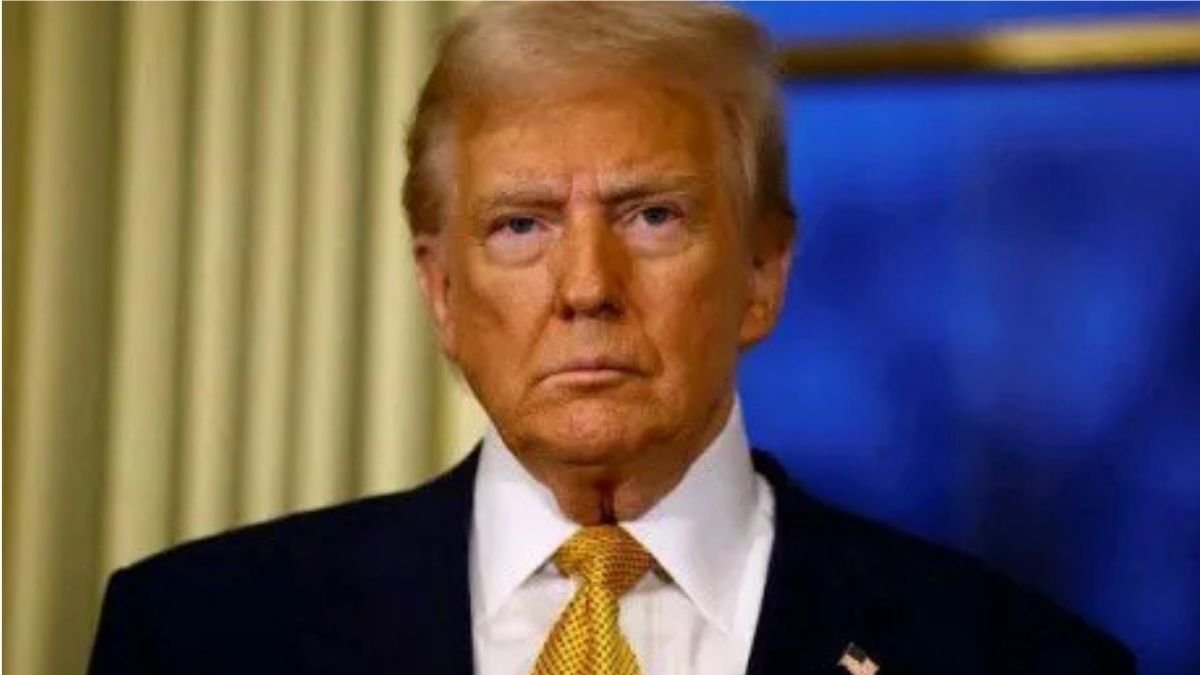President Donald Trump stirred fresh controversy this week with comments on unauthorized migrants and their presence in America’s farm labor force. In an interview on CNBC, Trump recognized the farmers’ labor problems, but made broad assumptions decried as racist and dehumanizing by critics.
With deportations increasing under his revived immigration policies, Trump tried to assure farmers about their concerns. “We can’t let our farmers not have anybody,” he opined, implying that even as migrants are being deported, there could be a way for some of them to come back under a system he called a “touchback” plan.
Trump clarified that some workers could be returned to their native countries but would be given authorization to return legally. He presented this as a means of maintaining labor on American farms while still enforcing hardline immigration positions.
The most eye-raising moment of the interview was when Trump seemed to imply that illegal immigrants were naturally better qualified for manual labor than others. “These are people that you can’t replace them very easily,” he stated. “People that live in the inner city are not doing that work. They’re just not doing that work. And they’ve tried — we’ve tried, everybody tried. They don’t do it. These people do it naturally, naturally.”
BREAKING: In an unbelievable moment, Trump says that undocumented workers are born to work in the fields, “These people do it naturally. Naturally … they don’t get a bad back, because if they get a bad back, they die.”
He says the racist part out loud.pic.twitter.com/i7Jx5ALpsd
— Really American 🇺🇸 (@ReallyAmerican1) August 5, 2025
It instigated criticism from immigrant rights groups, labor unions, and political rivals. Many described it as a quintessential instance of Trump Latino and immigrant stereotyping of them as a permanent underclass.
In an effort to make his case, Trump started to tell a story that he said came from a meeting with a farmer. “I said, ‘What happens if they get a bad back?’ He said, ‘They don’t get a bad back, sir, because if they get a bad back, they die.'” Trump concluded the thought by referring to undocumented farmworkers as “very, very special people.”
[inline_related_posts title=”Trending” title_align=”left” style=”list” number=”1″ align=”none” ids=”” by=”categories” orderby=”rand” order=”DESC” hide_thumb=”no” thumb_right=”no” views=”no” date=”yes” grid_columns=”2″ post_type=”” tax=””]
Critics say that these kinds of statements boil whole communities down to their function in physically demanding work and overlook the larger human rights issues at stake. The notion that some groups are “born” for hard labor has been used for centuries as a justification for systemic injustice, they observe.
The White House is now faced with a tricky balancing act: supporting industries that depend predominantly on illegal aliens while placating a political base that insists on strict enforcement of immigration laws. Agriculture, particularly, has become a crucial pressure point in that debate.
More than 320,000 illegal farm workers are in America today, many of whom are employed in industries such as fruit picking, dairy, and other vital sectors that are struggling to locate domestic alternatives.
A policy considered is expanding the H-2A visa program to permit year-round farm work, which would give some of these workers a legal means of employment. These modifications, though, would be short of filling the labor gap present now.
The “touchback” concept itself has had mixed reactions. Immigration hawks view it as a slippery slope toward amnesty, even though it’s only for selective people. Labor activists, however, claim that it doesn’t go far enough and doesn’t address the rights and protections that workers are entitled to.
Trump’s remarks again put him at the forefront of the immigration debate, which he has long led with language many feel borders on prejudice. Though he presented his words as real-world solutions to a genuine issue, his tone and phrasing again set off a familiar firestorm of criticism.
This newest chapter is a reminder that for Trump, the political playbook never really changed. Appeal to the base, create controversy, and keep the focus tightly locked on his vision of what America should be.
As the 2026 election cycle picks up steam, look for more stories like this one — and even more scrutiny of the ways Trump’s words and policies shape the lives of millions.















